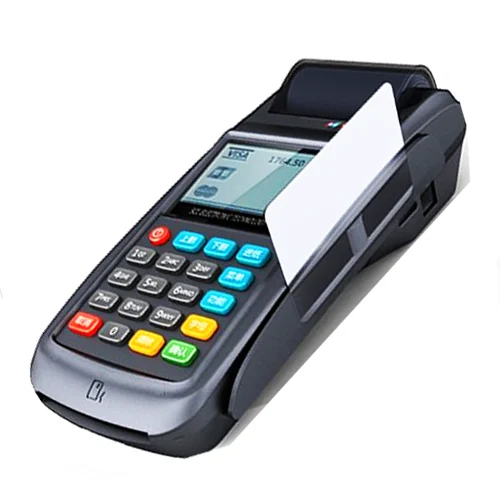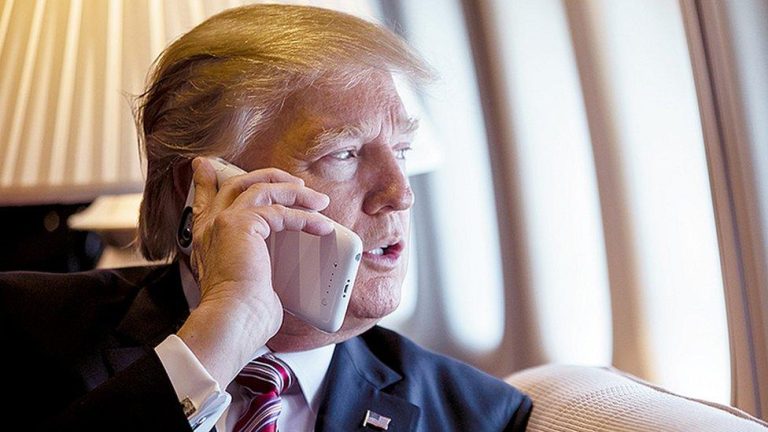Strategic investment to accelerate digital infrastructure, unlock economic growth, and align with Nigeria’s broadband agenda
Equinix, Inc. (Nasdaq: EQIX), the world’s digital infrastructure company, has announced a $140 million investment to significantly expand internet access and strengthen digital infrastructure in Southern Nigeria. The initiative positions Nigeria as a leading digital gateway in West Africa and reflects Equinix’s long-term commitment to supporting scalable, sustainable growth across the continent.
The investment will support the development of next-generation data centers, fiber interconnectivity, and edge infrastructure in key cities including Lagos, Port Harcourt, and Benin City. The expansion aims to reduce latency, improve network reliability, and increase access to global cloud and content platforms for businesses and users across the region.
“Nigeria is a critical market for Equinix and a rising powerhouse in Africa’s digital transformation,” said [Executive Name], [Title] at Equinix. “This investment demonstrates our confidence in the Nigerian economy and our commitment to being a catalyst for digital inclusion, innovation, and sustainable development.”
Strategic Impact
For Investors: The project offers exposure to one of Africa’s fastest-growing digital economies, with strong demand for cloud services, fintech, and enterprise connectivity.
For Government: The initiative supports Nigeria’s National Broadband Plan 2020–2025, aiming to achieve 70% broadband penetration and advance digital inclusion.
For Tech Industry: It creates a scalable platform for cloud providers, CDNs, startups, and enterprises to grow and interconnect within a secure and high-performance infrastructure ecosystem.
Building on MainOne’s Legacy
Equinix’s entry into Nigeria was marked by its 2022 acquisition of MainOne, a premier provider of connectivity and data center services in West Africa. The new $140 million plan builds on MainOne’s foundation of excellence, expanding capacity and reach to meet rising demand from hyperscalers, enterprises, and public sector partners.
The project will also generate local employment opportunities, foster technology skill development, and stimulate innovation within Nigeria’s burgeoning tech ecosystem.
Looking Ahead
As Nigeria continues to embrace digital transformation, Equinix’s investment supports the creation of a resilient, inclusive, and globally connected digital economy. The company is committed to working in partnership with local and federal governments, regulators, and industry leaders to ensure the infrastructure is secure, future-ready, and aligned with national priorities.
The launch of Equinix PR1 in Port Harcourt will enhance Southern Nigeria’s internet capacity and contribute to the geographic diversification of digital infrastructure. By breaking Lagos’ near-monopoly on bandwidth and cable access, the project could open up new digital growth corridors in the region.
Global data center provider Equinix has announced a $140 million investment to strengthen internet connectivity across southern Nigeria over the next two years. The move builds on the company’s $320 million acquisition of MainOne in 2022, which marked Equinix’s entry into the West African market. The goal for Equinix is to address the unequal distribution of digital infrastructure in Nigeria, where Lagos has long dominated development.
The investments will include the launch of Equinix PR1, its first data center in Port Harcourt, and the expansion of Equinix LG3, its third data center in Lagos. Notably, the Port Harcourt facility will also serve as the first Nigerian landing station for Meta’s 2Africa submarine cable, dramatically increasing bandwidth capacity in the region and breaking Lagos’ longstanding monopoly on cable landings. This is especially significant for southern Nigeria, which is not only home to a fast-growing population but also forms the economic core of the country’s oil industry.
From GSM to global connectivity
Nigeria’s digital journey has evolved rapidly. Since the auction of GSM licenses in 2001, mobile subscribers have grown from zero to over 140 million. The rise of tower companies in 2012 enabled operators to scale by outsourcing tower maintenance, while the arrival of fiber-optic and data center infrastructure further expanded the digital ecosystem.
Early data centers served basic connectivity needs. The real shift came around 2020 with the arrival of major foreign investors. Equinix’s acquisition of MainOne represented a milestone—connecting Nigeria to a global platform and laying the groundwork for scalable digital growth.
Today, Equinix operates more than 260 International Business Exchange (IBX) data centers in 74 metropolitan areas globally. These centers are interconnected through Equinix Fabric, a software-defined platform enabling secure, high-performance connectivity between data centers, cloud services, and enterprise networks.
Nigeria now hosts eight submarine cable landings, including two of the world’s most advanced systems—Google’s Equiano and Meta’s 2Africa. Both cables offer design capacities exceeding 100 Tbps, representing a major leap forward in connectivity. However, the benefits of this expansion remain vulnerable without robust infrastructure redundancy.
Equinix has been actively working to address this challenge. “We’re routing traffic over multiple cables in West Africa on an active/active basis,” said Wole Abu, Managing Director of Equinix West Africa, in a recent blog post. “The next time a cable fails, our goal is for customers not to notice.” This proactive strategy introduces critical resilience into the region’s digital infrastructure.
Closing the middle-mile gap
Despite significant progress in international connectivity, a key bottleneck persists: the middle-mile infrastructure linking coastal landing stations to inland users. While cities like Lagos, Accra, and Abidjan benefit from relatively strong connectivity, many interior regions remain underserved.
Nigeria’s National Broadband Plan (2020–2025) targets 70% broadband penetration by 2025. Yet as of January 2025, penetration remains at just 45%. The World Bank estimates that Nigeria needs an additional 95,000 kilometers of fiber to achieve full nationwide coverage—up from the existing 35,000 kilometers.
To accelerate progress, the Federal Ministry of Communications, Innovation and Digital Economy recently launched a Broadband Alliance focused on developing a national fiber backbone. Realizing this vision will demand close collaboration between government and private sector stakeholders.
“Our vendor-neutral platform and robust interconnection capabilities can help industry ecosystems form in West Africa and collaborate to grow the region’s digital economy,” said Abu.
The launch of Equinix PR1 in Port Harcourt will not only enhance Southern Nigeria’s internet capacity but also contribute to the geographic diversification of digital infrastructure. By expanding beyond Lagos, Equinix is promoting a more inclusive and balanced digital future for Nigeria.












+ There are no comments
Add yours